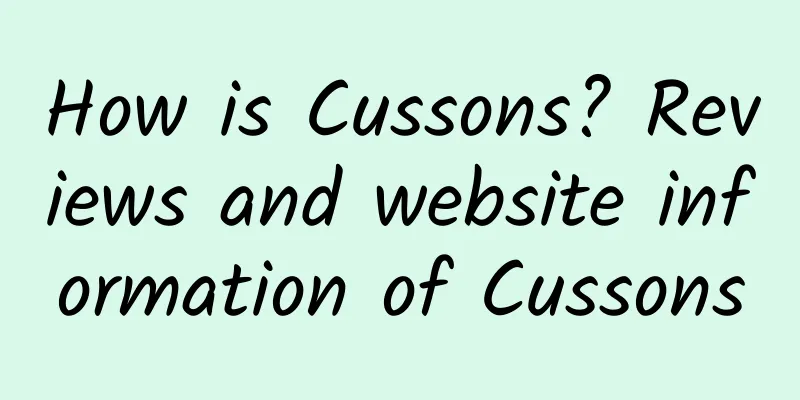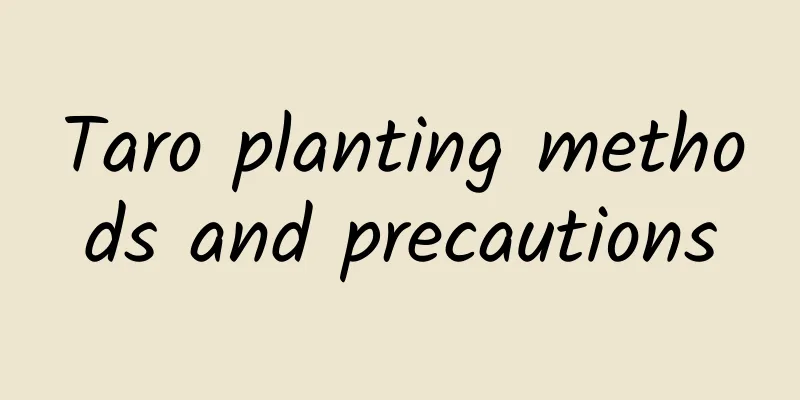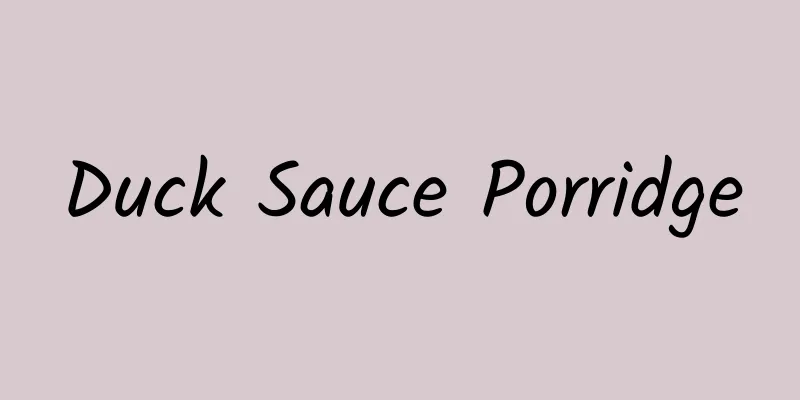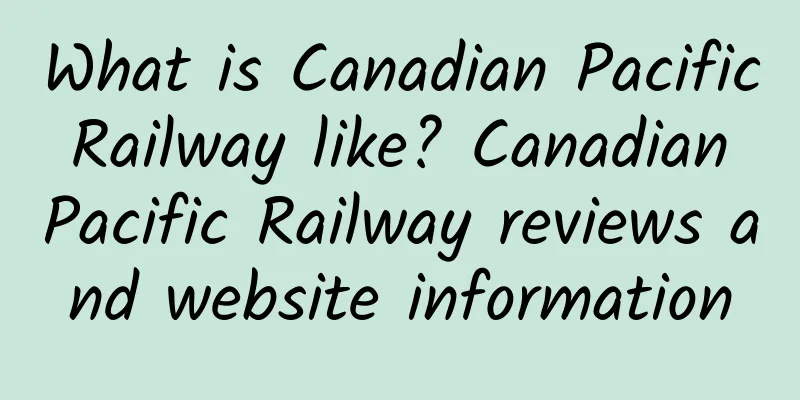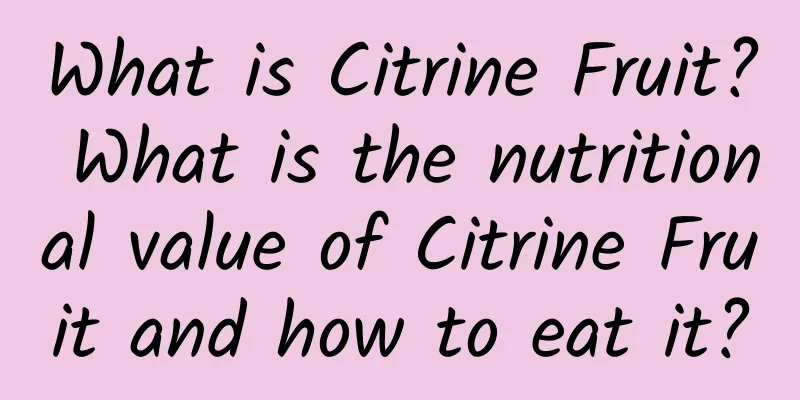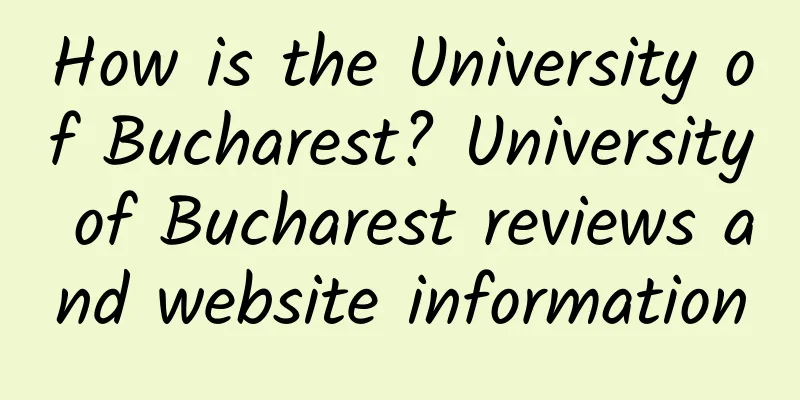What is the European Commission like? European Commission reviews and website information
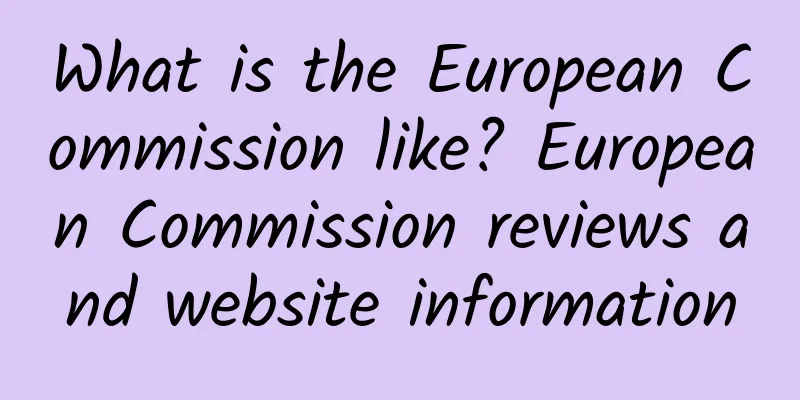
|
What is the European Commission website? The European Commission is the executive body of the European Union, headquartered in Brussels, Belgium. It is mainly responsible for the administrative tasks of the European Union, has legislative power in the EU legislative process, and supervises the implementation of EU laws by member states. Website: ec.europa.eu European Commission: the executive heart of the EUThe European Commission (EC) is one of the core institutions of the European Union, playing an important role in administrative management, legislative proposals and legal supervision. As the executive body of the European Union, it is responsible for ensuring the effective implementation of EU policies and maintaining unity and collaboration among member states. Headquartered in Brussels, Belgium, the European Commission has a far-reaching influence throughout Europe and even around the world. This article will comprehensively analyze the functions, organizational structure, operating mechanism of the European Commission, as well as the function and importance of its official website ec.europa.eu , to help readers gain a deeper understanding of the key role of this institution in the EU system and its impact on Europe and the world. I. Basic functions of the European CommissionThe main responsibilities of the European Commission can be summarized into the following three aspects:
In addition, the European Commission is also responsible for managing the EU budget and ensuring that funds are properly allocated and used to support the socio-economic development of member states. It can be said that the work of the European Commission runs through the entire process from policy design to implementation supervision. 2. The Organizational Structure of the European CommissionIn order to perform its functions efficiently, the European Commission adopts a hierarchical organizational structure. The following are its main components:
This structured design enables the European Commission to maintain its ability to operate efficiently in a complex multilateral environment. III. The operating mechanism of the European CommissionThe European Commission operates under a strict set of procedures and rules to ensure transparency and fairness in the decision-making process. The following are its main operating mechanisms:
Through these mechanisms, the European Commission can not only perform its duties effectively, but also ensure the stable operation of the entire EU system. 4. European Commission official website: ec.europa.euThe official website of the European Commission, ec.europa.eu , is an important channel for the public to obtain relevant information about the European Union. The website provides a wealth of resources and services, covering policy dynamics, data statistics, news releases, and interactive tools. The following are its main functions:
In addition, ec.europa.eu also provides multilingual support to ensure that users from different countries can access the content without barriers. This inclusive design further strengthens the role of the European Commission as a bridge connecting countries. 5. The significance and impact of the European CommissionAs one of the core institutions of the European Union, the role of the European Commission goes far beyond simple administrative management. It is not only an engine for policy making, but also a key force in maintaining the unity and development of the European Union.
In short, the existence and operation of the European Commission are of irreplaceable importance in safeguarding the overall interests of the EU, promoting cooperation among member states and responding to global challenges. VI. ConclusionAs the executive body of the European Union, the European Commission has multiple missions. From proposing legislation to supervising the implementation of laws, from managing budgets to coordinating international cooperation, it plays a vital role in every link. Its official website, ec.europa.eu , has become a bridge between the public and policies, providing a convenient way for people to understand and participate in EU affairs. In the future, as globalization accelerates and new challenges continue to emerge, the European Commission will continue to play an indispensable role. By continuously optimizing its functions and mechanisms, the Commission is expected to lead the EU towards a more prosperous and sustainable future. |
>>: New Zealand TV_TVNZ review and website information
Recommend
What are the vegetables that lower blood sugar?
Today we are sharing some vegetables that can hel...
How is the University of Murcia? University of Murcia reviews and website information
What is the website of University of Murcia? The U...
How is the Henderson Group in the UK? Reviews and website information of the Henderson Group in the UK
What is the website of the British Henderson Group...
What is the nutritional value of shiitake mushrooms
The nutritional value of shiitake mushrooms is pa...
The advantages and disadvantages of women drinking sea buckthorn water
Rosa roxburghii is not only a rare wild fruit, it...
The difference between copper coin grass and money grass
Do you know the two? Do you know the difference b...
How wine is made
Wine is an alcoholic beverage made from fresh gra...
The efficacy and function of green plum The medicinal value of green plum
Do you know about green plum? Do you know its eff...
Mushroom and Minced Pork Porridge
I guess few of my friends know about mushroom and ...
The efficacy and storage of green garlic
It turns out there are so many types of garlic. I...
The effect of ginkgo black rice porridge
Do you still remember the effects of ginkgo and b...
Sweet potato porridge
I believe everyone is familiar with the sweet pot...
How is Lotte Department Store in Korea? Reviews and website information of Lotte Department Store in Korea
What is the website of Lotte Department Store in K...
How to make taro and vegetable porridge
How much do you know about the recipe of taro and ...
The efficacy and function of fish porridge
Fish fillet porridge is a kind of healthy porridg...

